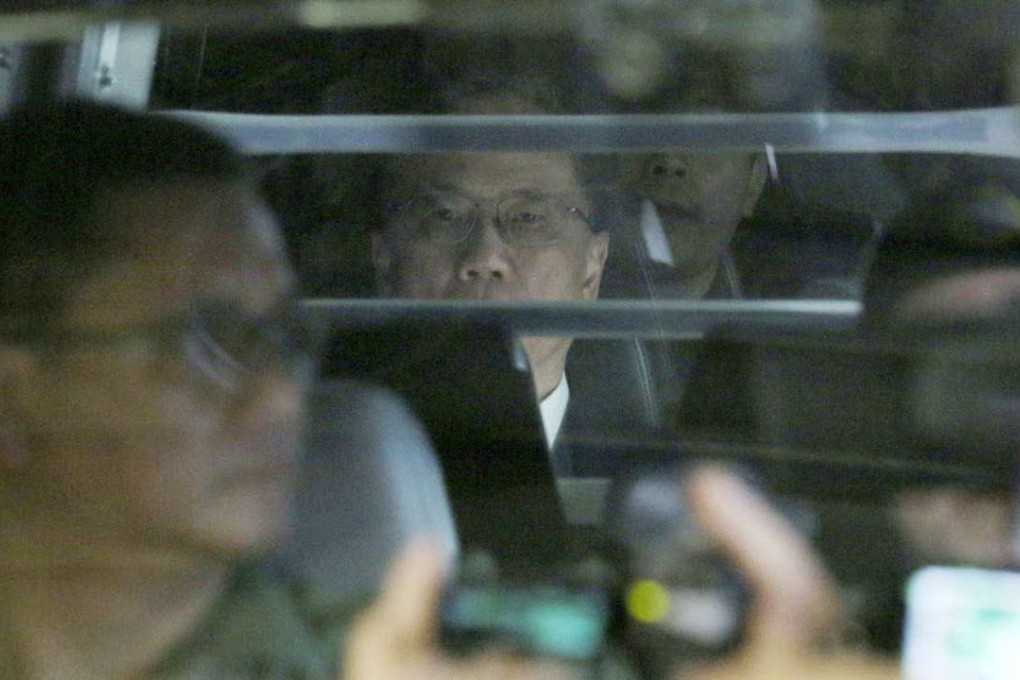My Take | Donald Tsang’s conviction a tragedy in so many ways
Hong Kong’s former leader did wrong, but surely not to an extent where he finds himself in custody and facing a likely jail term

Donald Tsang Yam-kuen was without doubt guilty of serious indiscretions and terrible judgment. Such misdeeds have landed him in custody. Be that as it may, I do not think the former chief executive was a corrupt leader. His downfall was a tragedy. He did not deserve such a fate.
Even his most persistent critics among the pan-democrats recognised the significant contributions he made to Hong Kong over a four-decade period, first within the civil service, then as finance minister, chief secretary and chief executive. I am no lawyer and I defer to the judicial wisdom of the High Court. But as a long-time observer of Hong Kong, some powerful and rich people from the city deserve far worse punishment yet would never get their comeuppance. Such is the world we live in.
There are two kinds of corruption. One benefits the person but also hurts others; a second type is more or less victimless. Tsang definitely did not commit the first type of corruption. A jury could not decide whether he committed a corrupt act at all. Government prosecutors now look set to seek a second trial.
In 1998, in the middle of the Asian financial crisis, Tsang helped fight off foreign currency raiders against the Hong Kong-US dollar peg and the stock market. That market intervention was controversial, given Hong Kong’s reputation for having a free market. But it was unprecedented and courageous. It was roundly criticised by leading economists, policymakers and investors in the West. Then came the global financial crisis 10 years later – and practically every major Western economy intervened in their own financial markets, at far greater magnitudes.

